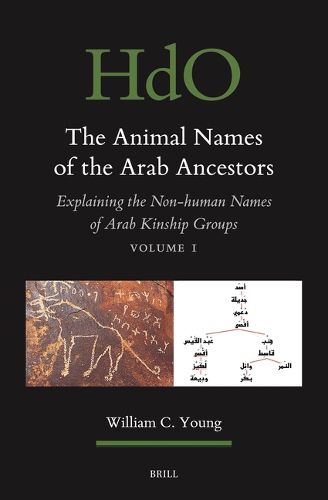Readings Newsletter
Become a Readings Member to make your shopping experience even easier.
Sign in or sign up for free!
You’re not far away from qualifying for FREE standard shipping within Australia
You’ve qualified for FREE standard shipping within Australia
The cart is loading…






In the Arab world, people belong to kinship groups (lineages and tribes). Many lineages are named after animals, birds, and plants. Why? This survey evaluates five old explanations - "totemism," "emulation of predatory animals," "ancestor eponymy," "nicknaming," and "Bedouin proximity to nature." It suggests a new hypothesis: Bedouin tribes use animal names to obscure their internal cleavages. Such tribes wax and wane as they attract and lose allies and clients; they include "attached" elements as well as actual kin. To prevent outsiders from spotting "attached" groups, Bedouin tribes scatter non-human names across their segments, making it difficult to link any segment with a human ancestor. Young's argument contributes to theories of tribal organization, Arab identity, onomastics, and Near Eastern kinship.
$9.00 standard shipping within Australia
FREE standard shipping within Australia for orders over $100.00
Express & International shipping calculated at checkout
In the Arab world, people belong to kinship groups (lineages and tribes). Many lineages are named after animals, birds, and plants. Why? This survey evaluates five old explanations - "totemism," "emulation of predatory animals," "ancestor eponymy," "nicknaming," and "Bedouin proximity to nature." It suggests a new hypothesis: Bedouin tribes use animal names to obscure their internal cleavages. Such tribes wax and wane as they attract and lose allies and clients; they include "attached" elements as well as actual kin. To prevent outsiders from spotting "attached" groups, Bedouin tribes scatter non-human names across their segments, making it difficult to link any segment with a human ancestor. Young's argument contributes to theories of tribal organization, Arab identity, onomastics, and Near Eastern kinship.